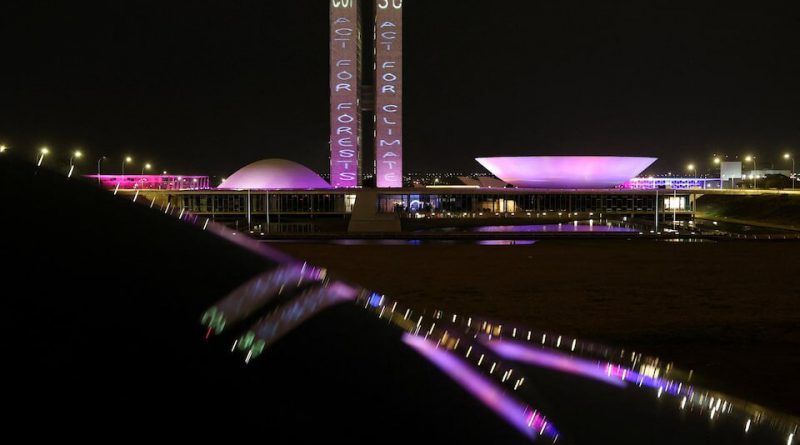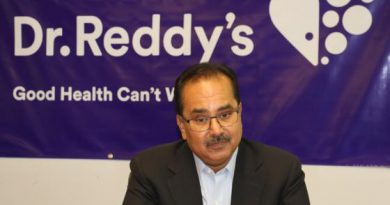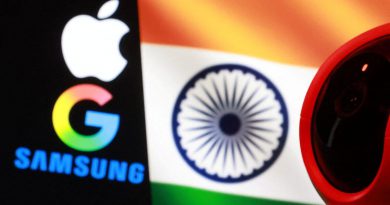Global Athletes Unite to Tackle Climate Crisis Ahead of COP30
From football fields to Olympic pools, top athletes are joining forces to drive a worldwide call for climate adaptation, proving that teamwork off the field can be humanity’s greatest comeback.
As the world prepares for the COP30 climate summit in Brazil, an inspiring coalition of international athletes is stepping up to lead a different kind of game — one that could decide the future of the planet.
Brazilian soccer star Tamires Dias, NBA player DeAndre Jordan, Olympic swimmer David Popovici, surfer Maya Gabeira, and England’s Raheem Sterling are among forty elite sports figures championing the Adapt2Win campaign, a global initiative urging governments to accelerate investments in climate adaptation.
The campaign, launched this week and backed by the Gates Foundation and the Wellcome Trust, highlights how climate change is already affecting athletes and sporting events across the world.
From rising temperatures and flooding stadiums to cancelled tournaments and health risks, the sporting world is increasingly feeling the pressure of a warming planet.
Tamires Dias, who has represented Brazil in two Women’s World Cups, said the challenges of playing in extreme conditions have made climate adaptation an urgent priority.
“In sport, we learn to adapt every day — to new teams, tactics, and rivals. But climate change is a far tougher opponent. It’s unpredictable and relentless, and no one can face it alone,” she said.
The Adapt2Win campaign aims to transform the global conversation on climate action by spotlighting both the physical and emotional impact of the crisis.
A powerful short film will premiere at COP30 in Belem, Brazil, showing how floods, fires, and extreme weather events have destroyed sports venues and disrupted communities.
Its opening line sets the tone for the initiative: “This can either be the worst defeat in history — or the greatest comeback of all time.”
The campaign’s Open Letter, signed by the forty athletes, calls on world leaders to allocate more funding to climate adaptation — an area that currently receives less than 10% of global climate finance, despite climate disasters causing an estimated $417 billion in economic losses in 2024.
The athletes’ collective message is clear: adaptation is not optional, and the time to act is now.
Raheem Sterling, who has been actively involved in community programs through his foundation, linked the fight against climate change to everyday resilience.
“I’ve seen how climate change reshapes lives, especially across the Caribbean,” he said. “Through small, community-led initiatives — like mosquito prevention and clean water access — we’ve seen how real change begins locally. COP30 is the moment for leaders to amplify these solutions.”
Adapt2Win also sheds light on local adaptation success stories. In Kenya, communities are using SMS-based drought alerts to safeguard crops and livestock.
In Sierra Leone, hospitals are developing heat-resilient maternal healthcare systems. These initiatives demonstrate how innovation and local empowerment can protect lives and livelihoods even in vulnerable regions.
Ana Toni, CEO of the COP30 Presidency, praised the campaign’s approach: “Adapt2Win reminds us that every sector — from governments to businesses and sports — has a vital role to play.
Athletes are powerful messengers of hope and unity, showing that teamwork is the foundation of real change.”
South African rugby player Bongi Mbonambi and Nigerian footballer Kenneth Omeruo are among other voices in the campaign, bringing firsthand experiences of how unpredictable weather is altering daily life.
“Growing up in Nigeria, you could always count on the seasons,” said Omeruo. “Now, floods destroy our training grounds and droughts damage our communities. Climate change is no longer abstract — it’s real and personal.”
For these athletes, sport becomes a universal language — one that can motivate people across borders to take action. Their message is grounded in hope, teamwork, and shared responsibility.
As COP30 approaches, the Adapt2Win campaign embodies the spirit of collaboration that the summit seeks to achieve: harnessing global unity to face humanity’s biggest challenge.
With the world’s eyes on Brazil, the campaign transforms a fight for survival into a message of possibility — proving that the greatest victories come not from competition, but from cooperation.
If the world’s athletes can unite to adapt and overcome, perhaps governments and citizens everywhere can do the same.



